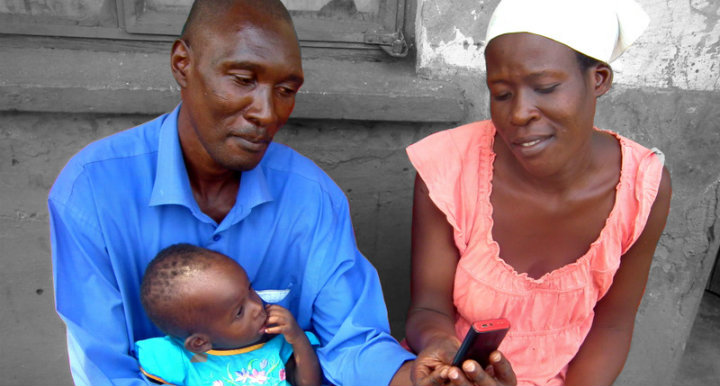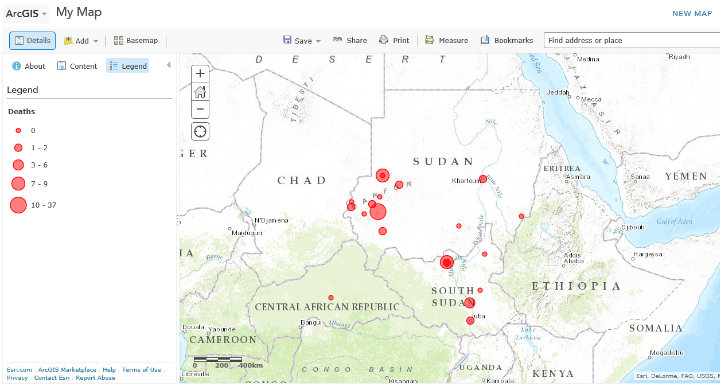Posted by Arjen Swank from Text to Change, guest speaker for TC105: Mobiles for International Development
Since 2008, Text to Change (TTC) has been working to provide and collect real-time and accurate information using mobile devices in relevant and meaningful ways to people in developing countries all over the world. As the mobile phone has reached even the most remote places across the world, we have seen how mobiles can empower citizens of developing nations.
Through our experience in partnering with development bodies, NGOs, private companies, governments and other global organizations, there are several key lessons we’ve learned in using mobile phone technology to achieve social change and work to limit continuous dependence on foreign aid.
Here are some of the key insights TTC has learned for best practices for Mobiles for International Development:
1. Keep it simple
One of our Text to Change’s guiding principles is to maintain simplicity in the services we develop and the technologies we use. Our campaigns can reach everyone who has access to a mobile phone, approximately 80% of the developing world. We provide profiled databases, call centers with research capability, and text message platforms that are interactive, easy to use, scalable, and cost-effective – all supported with measurable results.
2. SMS campaigns can reach more people
When TTC worked with the Tanzanian Ministry of Health, they wanted to provide pregnant women, even in the most isolated areas, with important information regarding their health. The goal was to empower them to take the necessary steps for a healthy pregnancy and safe delivery. However, they weren’t able to reach them. TTC launched a large-scale nationwide mHealth SMS campaign targeting these women. Within three months we had 100,000 unique participants. Now the total amount of participants is almost half a million and as we speak there are 260.000 unique participants.
TTC programs create opportunities for people to improve their lives and have reached millions of people across 17 countries in Africa and South America. We help organizations to connect with their, often hard to reach, target groups and create meaningful dialogues.
3. Personalized interaction matters
Because this maternal health campaign was interactive, we were able to determine in what phase of their pregnancy these women were. This way, we could provide them with the right personalized message at the right time. For instance mothers are reminded that they need to visit the clinic for their third ANC visit, when and what medicine to take, or receive information on hygiene and nutrition in a specific week after the delivery. The information can be updated based on inputs from the users or clinic staff, but users can also opt-out or re-opt-in when they (no longer) want to receive the messages.
—
Want to learn more about Text to Change and how they’ve implemented SMS programs successfully throughout developing countries? Enroll now in mHealth: Mobiles for Public Health and the next round of Mobiles for International Development an online course that will discuss how mobile phones are being used to improve the health of new mothers, share farming best practices, and teach within and outside the classroom across the world.



